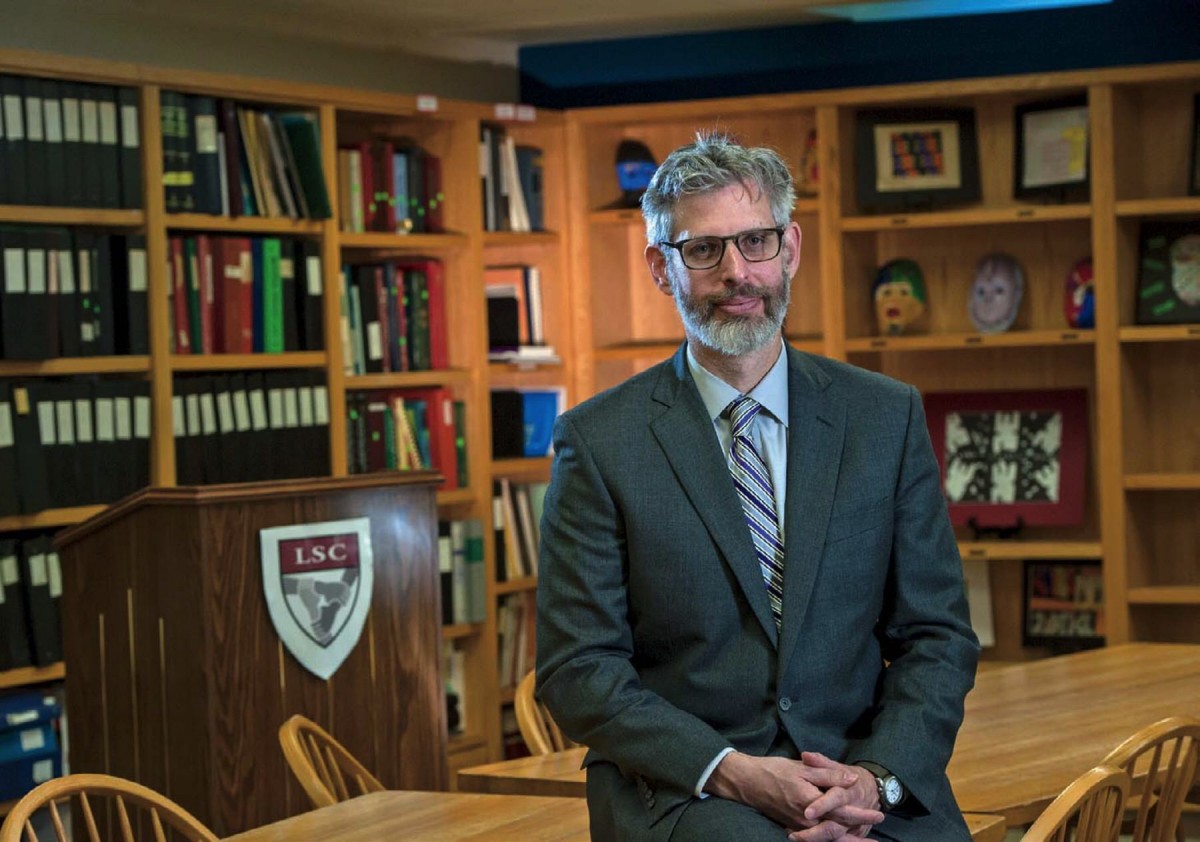America’s unfulfilled promise of “equal justice under law”
Almost a century ago, a young Boston lawyer named Reginald Heber Smith published a landmark book called Justice and the Poor. It was about how people struggling economically were faring in the American legal system and why American lawyers needed to provide them with free legal aid. He wrote, “Nothing rankles more in the human heart than the feeling of injustice.” At the time, there were only 41 legal-aid organizations in the country, with a total of about 60 lawyers. The Boston Legal Aid Society, founded in 1900, was one of them. As a student at Harvard Law School, Smith had spent his summers as a volunteer there. When he graduated in 1913, he became the leader of that four-lawyer office and instituted a “daily time sheet”—on which lawyers recorded the hours they spent on cases—as a tool for increasing efficiency in addressing the 2,000 or so cases the society had on behalf of clients.
Smith’s book recounted how American lawyers had devised a system of substantive law and legal procedure so convoluted that it denied access to justice to anyone who didn’t have a lawyer to navigate it. That system, he contended, had to be fixed by greatly multiplying the number of legal-aid societies. Smith wrote, “It must be possible for the humble to invoke the protection of the law, through proper proceedings in the courts, for any invasion of his rights by whomsoever attempted, or freedom and equality vanish into nothingness.” His goal was to give “reality to equality by making it a living thing.” He warned that “denial of justice is the short cut to anarchy.”

Daniel Nagin
Photograph by Jim Harrison
If the bar provided lawyers for free, the poor would have access to justice and society would benefit. Smith’s vision was of lawyers for the poor providing the full range of legal services that lawyers for the rich were expected to deliver. His book’s introduction summarized his view: “Class hostilities would diminish, the turbulent marketplace would return to stability, and the poor’s disposition toward righteous conflict would be diverted. Society would be cleansed of its anarchistic elements, and the confidence of poor people in lawyers and the legal system would be re-established.”
Smith’s vision has never been realized in the United States, but it haunts the debate about how best to serve the legal needs of poor and low-income Americans—and about whether we even know what works best to solve the problems of this group. Poverty’s effects on human health are well documented: lives tend to be sadder, harder, and shorter. But the effects on poor and low-income people’s lives of needing a lawyer and not having one are not well documented at all.
Filed in: In the News
Tags: Dan Nagin, Esme Caramello
Contact Office of Clinical and Pro Bono Programs
Website:
hls.harvard.edu/clinics
Email:
clinical@law.harvard.edu